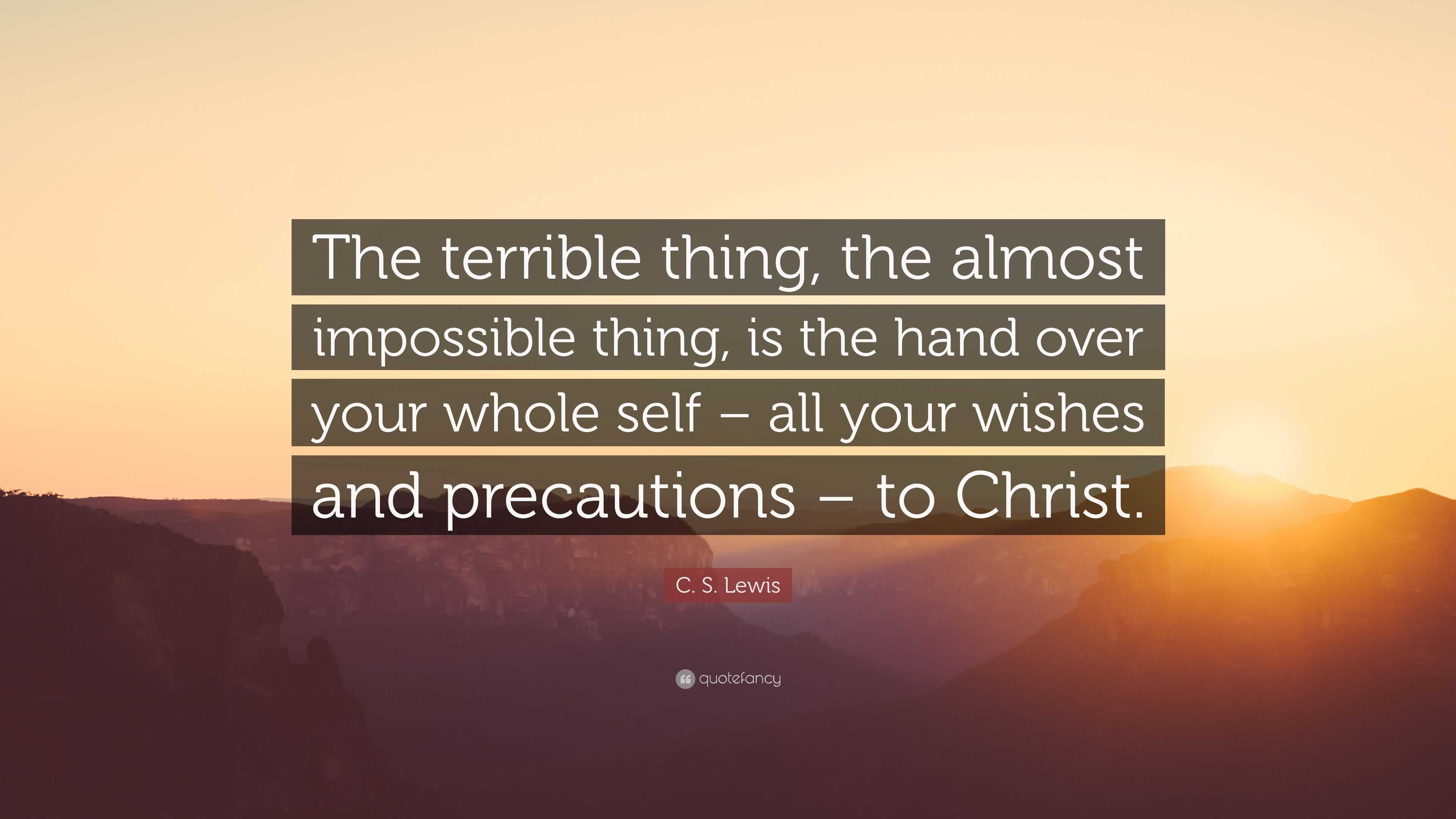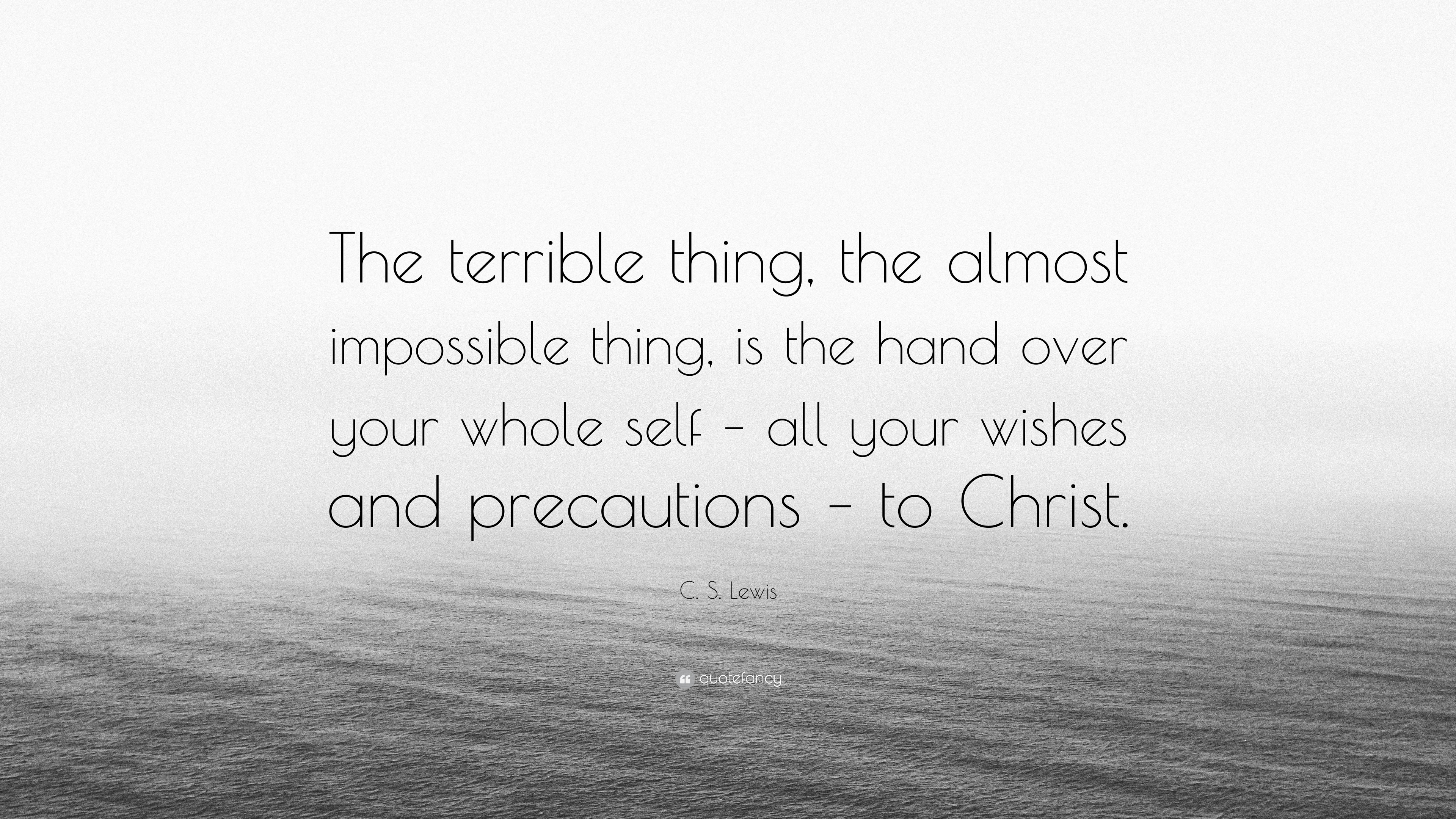

“One of the things I like about Full Metal Jacket is you see how soldiers who choose to go and fight can also be victims,” says Professor Antonio.īut there are detractors who see Full Metal Jacket quite differently. The film presents an unflattering picture of soldiers dehumanised by a military machine and reduced to killers. It is routinely cited as one of the best anti-war films ever made.

A case in point is Stanley Kubrick’s 1987 film, Full Metal Jacket, which focuses on Marines in training in the US and in action in Vietnam.

For her questions need to be asked: “Is war just a national tragedy for the victor and the people we lost, or is war terrible for everybody? If it shows both sides then I think you’re getting somewhere.”īut directors who embark on anti-war films often find their picture has a very different impact on audiences from the one they intended. “Like any good documentary it has to show both sides,” says New York University film professor Sheril Antonio, who teaches a class on war films. For Rothermel, All Quiet on the Western Front, Paths of Glory, Full Metal Jacket and The Thin Red Line are films that satisfy these criteria.

“The random infliction of violent death, abject terror,” as well as “heinousness as a norm of behavior,” are listed by him as among the qualities necessary for an anti-war film – along with a sense of balance and context. Scholars maintain certain key characteristics must be in place for an anti-war film to be effective.įor Dennis Rothermel, Professor Emeritus of Philosophy at California State University, who has extensively researched anti-war films, they must give a nuanced view of mortal combat. Holocaust survivor Elie Wiesel has stated that Auschwitz represented such a uniquely disturbing phenomenon that no medium could come close to capturing it – and inevitably narrative cinema would trivialize it.ĭespite all the challenges facing filmmakers there is no shortage of directors who’ve dedicated their energies to making anti-war films. In this respect anti-war movies may bear some resemblance to films that attempt to retell the nightmare of the concentration camp. There are different ways to interpret this remark but it’s widely agreed that Truffaut was suggesting that movies will inevitably glorify combat when they portray the adventure and thrill of conflict – and the camaraderie between soldiers.Īnti-war movies may fail because cinema is an inadequate medium through which to convey the horrors of conflict. “There’s no such thing as an anti-war film,” is a quote often attributed to the late French filmmaker François Truffaut.
THE ALMOST IMPOSSIBLE THING SERIES
In the US this summer several anti-war classics are being shown in a special series at the American Film Institute, including Jean Renoir’s 1937 picture Grand Illusion, which conveys the view that war is futile.Īnd while anti-war films are being revisited, they continue to be fiercely debated. In London this week an anti-war classic, Stanley Kubrick’s 1957 picture Paths of Glory set in the trenches of World War I, is being screened at a special film season curated by Sir Peter Jackson. The World War I centenary is giving films that oppose conflict a renewed currency.


 0 kommentar(er)
0 kommentar(er)
